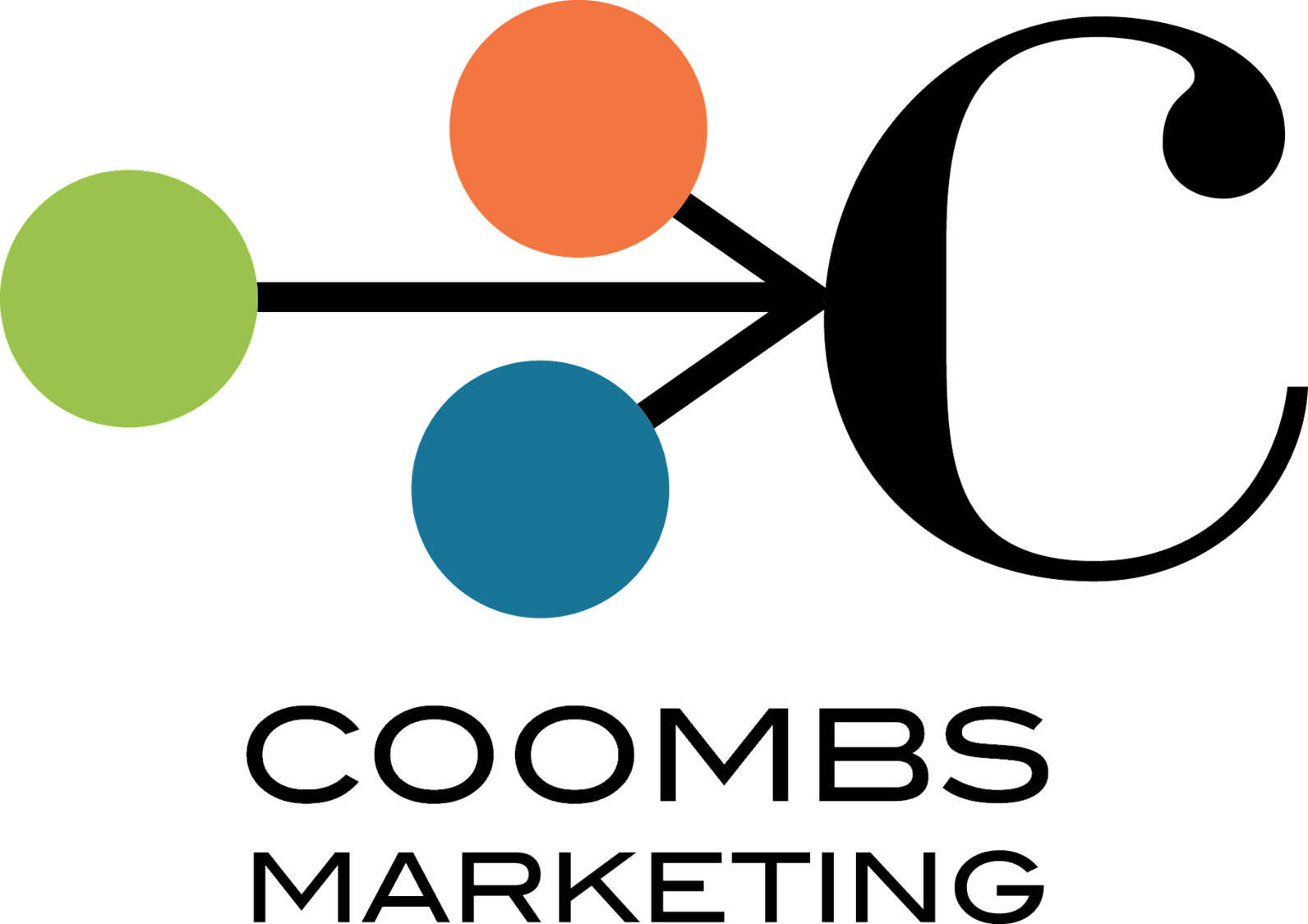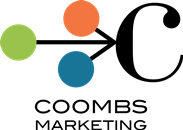 At Coombs Marketing we describe our inbound methodology as a “crockpot” not a “microwave” solution.
At Coombs Marketing we describe our inbound methodology as a “crockpot” not a “microwave” solution.
Inbound Marketing is not a solution that will pull a company that needs “quick sales” out of a crisis. But, it is an essential solution for solid companies that want to grow in a sustainable way.
This means being a healthy company, which includes three critical approaches for marketing and sales:
1. Have a Strategy, Set SMART goals, and stick to them
SMART goals are Specific, Measurable, Attainable, Relevant, and Timely. How can a company that won't commit to SMART goal setting, have the collective vision to reach its goals? Without consistent priorities and standards set, your organization will not have a clear vision of what success is, or how to get there. In a small business, where much of the time the CEO sets the priorities, if the CEO doesn't have a clear vision of their goals and what it takes to achieve them, then their priorities all hold the same weight...get it done ASAP. The whim of the CEO can change daily and the organization can feel like it has whiplash, or worse, running on a treadmill. This reminds me of a saying by my friend, Bruce Peters, "If you don't know where your going, anywhere will do."A leader with a focused vision and the right strategy is the #1 key to growth.
2. Commit the right people and resources...and measure
Having a vision and goals isn't enough. Leaders must find the right people and commit the right resources so they can flourish. Hire people who are smarter, in the needed areas of expertise, than you are. Whether they are on-staff or outsourced, make sure you give them the resources they need to achieve your goals and let them do what they do best. Get out of their way!
Always make sure the SMART goals are tracked, measured, and reported so that you can have peace of mind that you are headed in the right direction. Make sure that your team knows what measurements they are being held accountable to, so that the entire organization is aligned and knows what success looks like.
Setting standards for specific work that the team can understand and adhere to is valuable as well. If you have preferences for various items, (i.e. colors, logo use, signature, review process, etc.) make them a standard. Ultimately having a structured document or book of standards gives your team a place to go if any questions arise. A standards document is helpful for new hires and vendors as well.
3. Always be helping
The number one rule of Inbound Marketing is always be helping. Your content and interactions with prospects should be helping your personas, not selling them.
A HubSpot blog article entitled, Help! My Sales Team Thinks Our Inbound Leads Suck, by Mark Roberge, says it best:
"An inbound lead indicates that pain exists at your prospect's company -- the pain you solve. Don't have your sales people call and lead with your companies elevator pitch. This will not work and will result in sales saying "this doesn't work!" Salespeople need to leverage all the data you've collected about your inbound leads in your contacts database. How they found your website, what pages they viewed most, what emails they opened and read, how often they shared your content on Twitter and Facebook: All of this tells you loads of information about what the prospect’s problems are and how you can help. Your salespeople should be using that information to open the conversation on the phone, not an elevator speech or scripted pitch."
Make sure your sales team is aware of the all the data available, about any interaction prospects have with your site and content. Otherwise, sales may not see the value of your inbound efforts, or have all information they need to make a sale.
To learn more about how Inbound Marketing can help you grow your healthy business, download our free Guide To Inbound & Internet Marketing.

